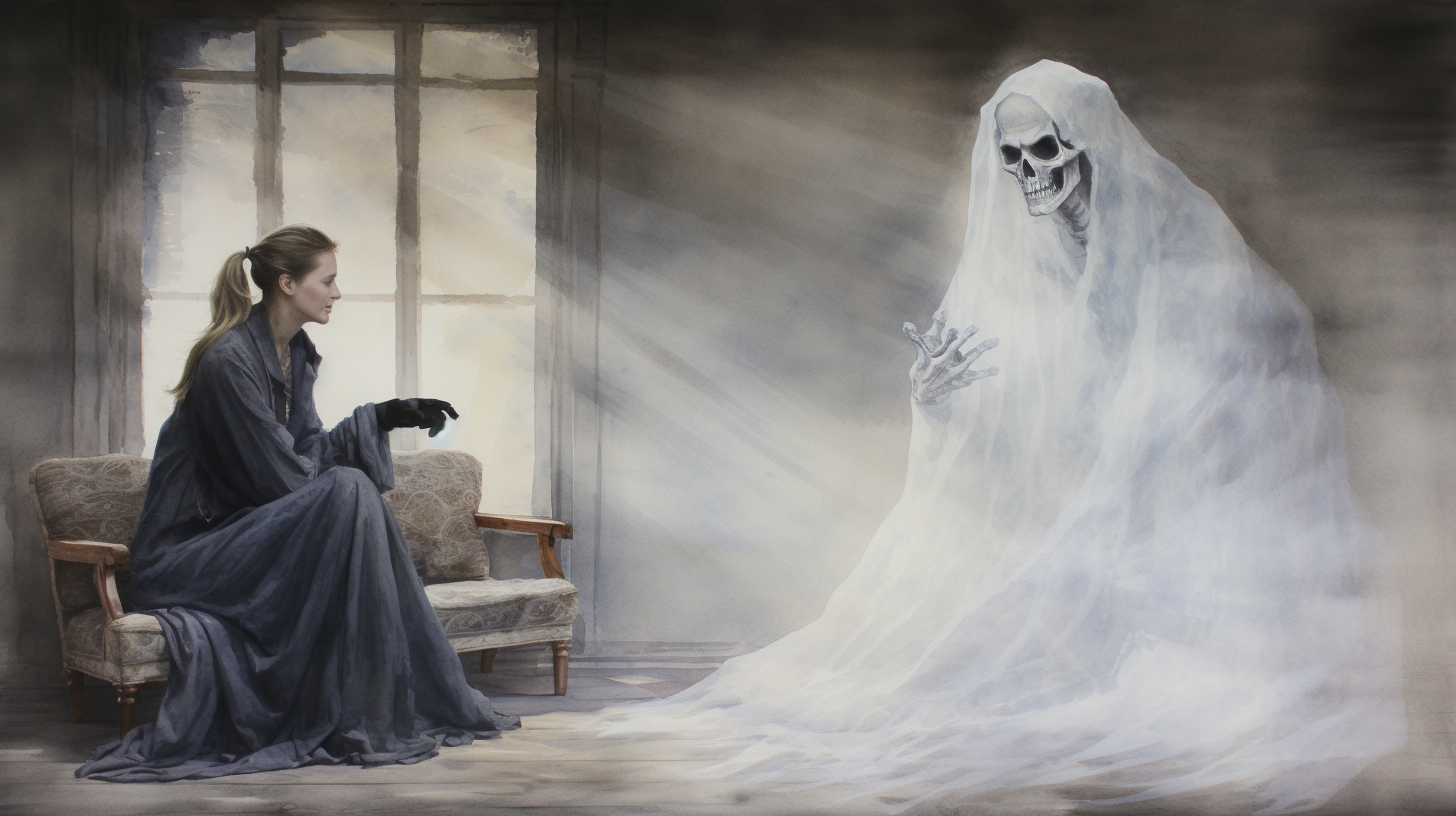Dreams have long been a source of fascination and interpretation, with individuals seeking to decipher their meaning and significance. Among the most evocative dream scenarios is the appearance of a deceased person, which has captured the imagination of many, from literary characters like Shakespeare’s Hamlet, who converses with the ghost of his father, to contemporary cultural phenomena. Engaging with the concept of dreaming about a dead person can be a profound exploration, often intertwining the realms of the symbolic, spiritual, and psychological.
The experience of encountering a dead person in a dream can invoke a spectrum of emotions—fear, nostalgia, love, or even relief. Each of these feelings can lead us toward a deeper understanding of ourselves and our psyche. Strikingly, the presence of the deceased in our dreams often serves as a reminder of unresolved issues or a connection to our past. Thus, the dream can be both a mirror reflecting the innermost facets of our psyche and a gateway to profound revelations.
Symbolic Interpretation
From a symbolic standpoint, dreaming of a dead person may signify the conclusion of a particular phase in one’s life. Much like the literary device of a tragic hero meeting an untimely end, such dreams can herald transition and transformation. The deceased in your dream might represent aspects of yourself that have ‘died’ or need to be released, thereby paving the way for rebirth—similar to the seasonal cycle of nature. It symbolizes that life must continue and adapt, akin to the cyclical mantra echoed in countless literary and spiritual narratives.
Spiritual Meaning Across Beliefs
Delving into the spiritual interpretations of dreaming about dead individuals, we find a rich tapestry woven from diverse religious and cultural perspectives. In Christianity, the presence of a deceased person may point to the sin of unresolved emotional ties or unfulfilled directives left by the departed. Many believers regard such dreams as a call to reflect on their own beliefs regarding death and the afterlife, nudging them to reinforce their spiritual practices.
Islamic interpretations often posit that the deceased appearing in one’s dreams is a messenger, urging the dreamer to adhere to faith and righteous conduct. This ancient belief highlights the idea that the dead may transcend their physical forms, conveying messages meant to guide the living. The act of dreaming about someone who has passed on can thus be seen as an invitation to seek forgiveness, foster connections with family, or manifest spiritual enlightenment.
In other cultural contexts, such as in Eastern philosophies, dreams involving the deceased are often seen as opportunities for healing. For instance, some societies perceive the act of dreaming about a departed loved one as a means to receive counsel from the spirit world. This cross-cultural viewpoint elevates the dream’s significance, imparting a sense of comfort and continuity in relationships that transcend mortality.
Psychological Perspectives
From a psychological viewpoint, dreams about deceased individuals underscore the complexities of grief and mental health. According to Jungian analysis, deceased figures may embody unresolved conflicts or aspects of our psyche needing acknowledgment. Similar to Hamlet’s encounters with his father’s spirit, the dreamer may grapple with feelings of guilt or longing, reflecting the emotional residue that accompanies profound loss. The spectral charge of such dreams compels the individual to confront these emotions, fostering personal growth and understanding.
Moreover, Freud’s theory of dreams as manifestations of unconscious desires posits that dreaming of a dead person could indicate a longing for the unresolved relationship or an unmet need for closure. This psychological framing encourages the dreamer to explore and articulate their feelings, drawing attention to the inner workings of their emotional landscape.
A less common but enlightening approach lies in examining the phenomenon of ‘post-traumatic growth,’ where individuals find themselves connected to the memories or lessons imparted by the deceased, facilitating healing. Such dreams might serve as an impetus for positive change, empowering dreamers to embrace life with renewed vigor, reminiscent of the characters we admire who rise from adversity stronger than before.
Conclusion
In closing, the dream of encountering a dead person transcends the boundaries of mere curiosity, inviting us into a labyrinth of meanings—symbolic, spiritual, and psychological. Whether interpreted through the lens of literature, religion, or psychology, these dreams offer us an opportunity to confront our mortality, unravel the fabric of our emotions, and embrace change. With every dream lies the potential for reinterpretation and revelation, positioning the dreamer to embark upon a journey of self-discovery, where recognizing the voices of the past can illuminate the path to a more enlightened present.
